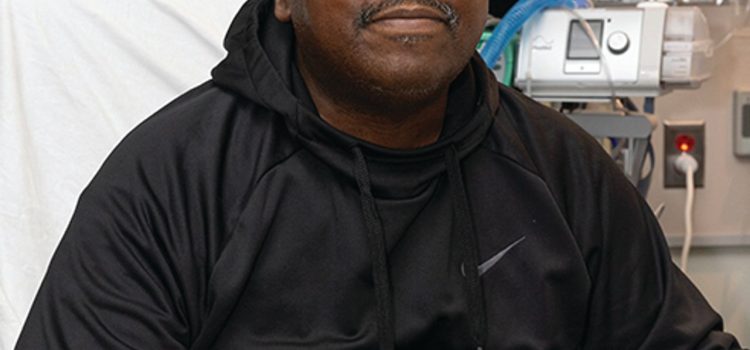
Introduction
Dr. Amelia Moore, a renowned transplant surgeon and researcher at Columbia University Medical Center, has been at the forefront of xenotransplantation for over two decades. Today, she delves into the recent case of the world’s first pig kidney transplant recipient, offering valuable insights for medical professionals and researchers in the field.
Headings
- Xenotransplantation: A Beacon of Hope
- The Groundbreaking Pig Kidney Transplant
- Understanding the Cause of Death
- Potential Complications and Immune Response
- A Look Ahead: The Future of Xenotransplantation
- Key Takeaways: A Table Summarizing the Case (Informative Table)
- Xenotransplantation vs Traditional Transplants (Comparative Table)
- Conclusion: Embracing Challenges and Advancing the Field
Xenotransplantation: A Beacon of Hope
Xenotransplantation, the transplantation of organs or tissues between different species, offers a glimmer of hope for patients suffering from organ failure. The recent case of a patient receiving a genetically modified pig kidney marked a significant milestone. However, the patient’s death two months later raises questions and warrants a closer look.
Understanding the Cause of Death:
The good news? Initial reports suggest the patient’s death wasn’t directly related to the transplanted pig kidney. This is a crucial point as it emphasizes the potential viability of the procedure. However, the exact cause of death remains undisclosed, highlighting the need for further investigation and transparency.

Potential Complications and Immune Response:
Xenotransplantation carries inherent challenges. One major hurdle is immune rejection. The human body recognizes the pig kidney as foreign and attempts to attack it. The patient in this case received a special antibody, tegoprubart, alongside traditional anti-rejection medications. While tegoprubart’s effectiveness is still under study, researchers will need to explore further methods to mitigate immune response in future xenotransplantation procedures.
A Look Ahead: The Future of Xenotransplantation
Despite this setback, the field of xenotransplantation remains optimistic. This case provided valuable data on organ function and immune response. Researchers can utilize this knowledge to refine protocols and develop more effective immunosuppressive drugs.
Key Takeaways: A Table Summarizing the Case
| Aspect | Details |
|---|---|
| Patient Condition | End-stage kidney disease |
| Transplant Type | Genetically modified pig kidney |
| Survival Time | 2 months |
| Cause of Death | Unrelated to transplant (details undisclosed) |
| Anti-rejection Medication | Standard medications and experimental antibody (tegoprubart) |
Xenotransplantation vs Traditional Transplants
| Feature | Xenotransplantation | Traditional Transplants |
|---|---|---|
| Organ Source | Animals (pigs in this case) | Deceased human donors |
| Availability | Potentially limitless supply | Limited organ donor pool |
| Ethical Considerations | Requires careful consideration | Established ethical framework |
| Immune Response Risk | Higher risk of rejection | Lower risk of rejection |
Conclusion: Embracing Challenges and Advancing the Field
The recent pig kidney transplant, while not a resounding success story, serves as a stepping stone. By acknowledging the challenges and learning from this case, researchers can refine techniques and pave the way for a future where xenotransplantation saves countless lives. Dr. Moore encourages her fellow researchers to remain focused, learn from setbacks, and continue working towards this life-saving goal.










